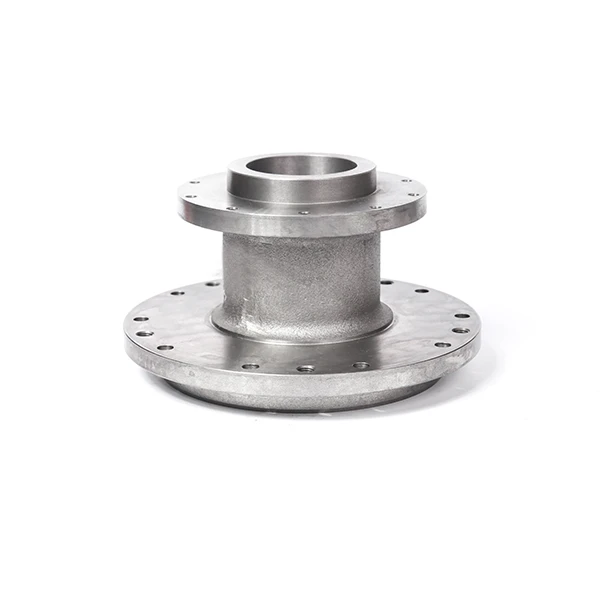Mobile:+86-311-808-126-83
Email:info@ydcastings.com
copper impeller
Understanding the Significance of Copper Impellers in Modern Engineering
In the world of engineering and manufacturing, materials play a crucial role in establishing the efficiency and effectiveness of machinery. One such material that has found extensive use in various applications is copper, particularly in the production of impellers. Copper impellers are increasingly gaining traction due to their unique properties and beneficial characteristics.
Impellers are essential components in fluid dynamics, often used in pumps, turbines, and compressors to increase the velocity and pressure of fluids. The choice of material for these components significantly impacts overall performance, and this is where copper shines. Known for its excellent conductivity and corrosion resistance, copper has proven to be a valuable resource in the manufacturing of impellers.
One of the most crucial characteristics of copper impellers is their thermal and electrical conductivity. Copper’s high thermal conductivity ensures effective heat dissipation, making it an ideal choice for applications dealing with high temperatures or thermal stresses. For example, in pumps that circulate water in power plants, copper impellers help manage the heat generated during operations, thus enhancing longevity and performance.
Moreover, copper's electrical conductivity is particularly beneficial in applications involving electromagnetic forces. In scenarios where impellers must interact with electric motors, copper enables efficient energy transfer, reducing energy losses and improving overall system performance. This efficiency translates to lower operational costs and higher output, critical factors in modern engineering designs.
copper impeller

Another notable advantage of copper impellers is their resistance to corrosion. Unlike other metals, copper forms a protective patina when exposed to moisture, thus resisting degradation over time. This property is especially advantageous in marine and chemical applications where exposure to harsh environments can lead to significant wear on impeller surfaces. By utilizing copper impellers, manufacturers can ensure a longer lifespan for their machinery, decreasing maintenance costs and enhancing reliability.
Furthermore, copper’s malleability and ductility allow for intricate designs and complex geometries in impeller construction. This adaptability enables engineers to design optimized impellers that can enhance fluid flow and improve performance. The ability to create customized shapes further ensures that the impellers can be tailored to specific applications, enhancing their effectiveness across a broad range of uses.
Sustainability is another significant consideration in modern engineering. Copper is a highly recyclable material, making copper impellers an environmentally friendly choice. As industries push towards greener technologies and sustainable practices, the use of recyclable materials like copper helps in reducing the ecological footprint of production processes.
In conclusion, copper impellers represent a confluence of performance, durability, and sustainability in modern engineering applications. Their exceptional properties—thermal and electrical conductivity, corrosion resistance, malleability, and recyclability—make them a preferred choice across various industries, from power generation to chemical manufacturing. As technology advances and the demand for high-efficiency components continues to rise, the role of copper impellers will undoubtedly expand, driving innovation and enhancing operational efficiency in the engineering field.











